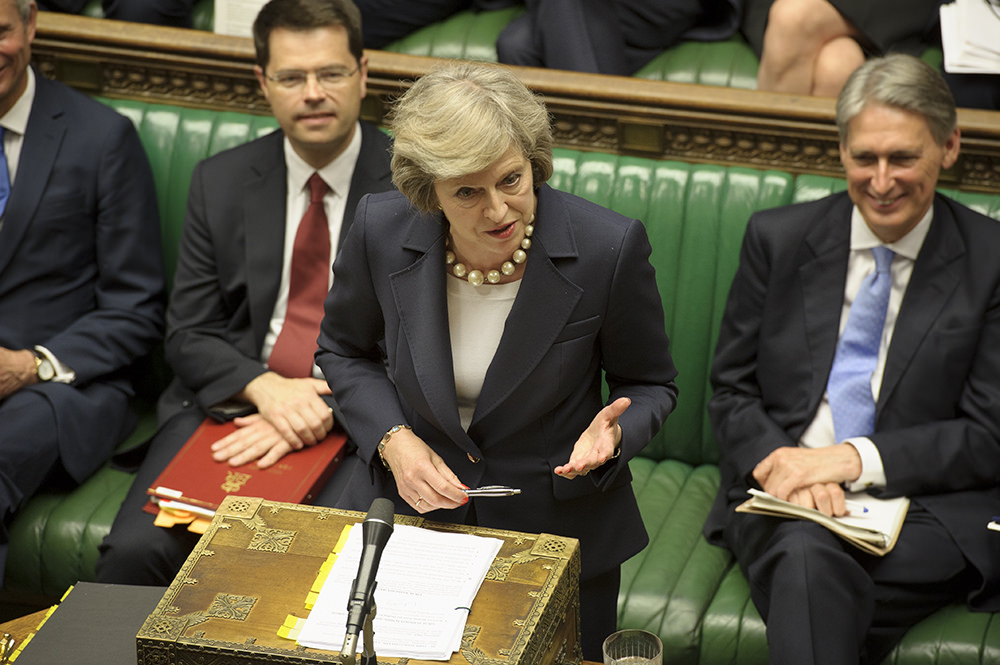Prime Ministers Questions takes place every Wednesday and is a unique chance for MPs and the opposition to question the Prime Minister. Few, if any, legislatures are given this opportunity, but I feel our parliament is not utilising its chance to host debate and hold the Prime Minister accountable.
If you even watch a minute of PMQs you will see name calling, jeering and behaviour that would not be accepted in my house! This is not just an issue on one side of the political aisle, but both. The people who are meant to be representing us and our interests are behaving like naughty children in a primary school – that’s not right. These people have been elected by the public and are the face that Britain presents to the world. Are these petty, personal and pointless squabbles the image we want?
More than just presenting Britain in a bad light, the behaviour of MPs in the chamber are letting down their constituents. They are meant to represent our interests, but the rowdy and uncontrollable nature of the Commons makes this task near on impossible. How can a backbencher make an effective point when the Prime Minister is barely listened to at times?
PMQs should be a time when policy can be debated, and the Prime Minister can be held accountable for their actions – one of the only public times for this. One example is David Cameron in 2016, criticising the opposition leader, Jeremy Corbyn, for the way he was dressing rather than what he was saying about the NHS. The debate is not focussed on the issues, but rather used by the Prime Minister and the leader of the opposition for petty, political point scoring. Even this week Laura Kuenssberg noted that the debate concerning Brexit during PMQs was nothing more than the “usual ritualistic formulae.”
Therefore, it’s difficult to argue that MPs and ministers are using PMQs in the best way possible when on one of the biggest political issues that Britain has faced in a generation, debate simply follows a formula.
But it is more than just PMQs where it feels that meaningful debate is lacking, it is the Commons in general. With the constant jeering and attacks to gain media attention, it is difficult to see where oversight and policy debate really takes place. It has been suggested that the leaders of the main parties should meet to try and improve the behaviour of their MPs, but, considering the personal attacks between the leaders alone, this looks unlikely.
Jeering and rowdy behaviour distracts from the issues at hand and limits the quality of debate possible in the House of Commons. This is an issue that needs to be dealt with because, as the country goes through the Brexit process, and commons and parties appear more divided than ever, effective scrutiny and meaningful debate is key for the future of our country.
The nature of parliament is built into its design; with the two opposing party leaders facing each other and the opposite benches, heated debate is encouraged.
However, while rowdiness is to be expected, that doesn’t mean debate has to be meaningless and not focused on policy. While the nature of parliament has always been loud and boisterous, in recent years there has been an increase in personal attacks and debate has consequently suffered. This is particularly evident in PMQs, where each side simply use it as a way to grab the media’s attention.
So, while debate can’t always be fully effective, we should expect more than what we get now. The behaviour of our MPs is letting us down. They are not using the opportunities given, particularly at PMQs, to carry out the job they were elected to do. We deserve better than the Commons are giving us.
Image Credit: © UK Parliament/Jessica Taylor

